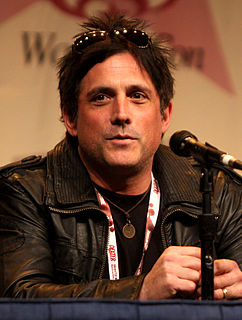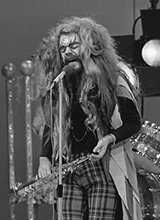A Quote by David Grann
I was not very good at newspaper reporting. I'm just not quick enough, and I always tend to tell things as stories.
Related Quotes
Life is painful sometimes. It touches everyone, so you may as well try to look for other answers and find peace. So, it is difficult to write those types of things because nobody wants to tell sad stories. I think that I'll always tell stories about human hope. I would love to be able to tell somebody, "It's okay. It's all right. Be a good person." That's what my job is, in life.
I could've written songs about, for example, the Paris attacks as they happened and have the song out the day after, but doing this project and following the news made me realize how much I miss deeper nuances in the news reporting. There's already so many quick opinions and angles being thrown in your face, so I avoided writing about things like that and tried focusing on the smaller, more seemingly insignificant things. The things you would find in the back of the newspaper or the back of your mind.
The very act of story-telling, of arranging memory and invention according to the structure of the narrative, is by definition holy. We tell stories because we can't help it. We tell stories because we love to entertain and hope to edify. We tell stories because they fill the silence death imposes. We tell stories because they save us.
We can tell people abstract rules of thumb which we have derived from prior experiences, but it is very difficult for other people to learn from these. We have difficulty remembering such abstractions, but we can more easily remember a good story. Stories give life to past experience. Stories make the events in memory memorable to others and to ourselves. This is one of the reasons why people like to tell stories.
Recently it's become much to my surprise, something that does happen. For example, I used to get almost all of my stories, and it's probably still true, from newspapers. Primarily from The New York Times. No one ever really thinks of The New York Times as a tabloid newspaper and it isn't a tabloid newspaper. But there is a tabloid newspaper within The New York Times very, very often.

































